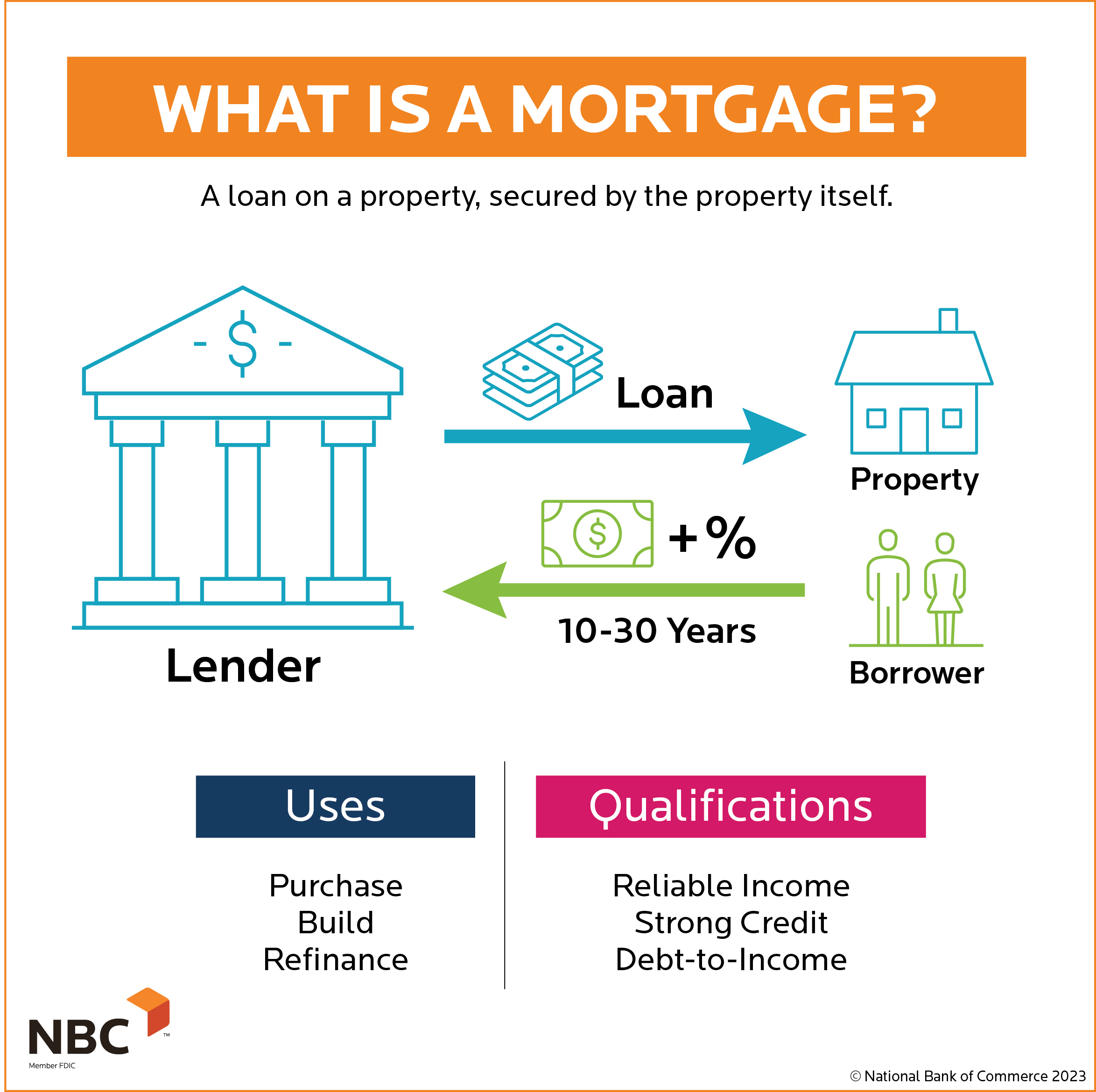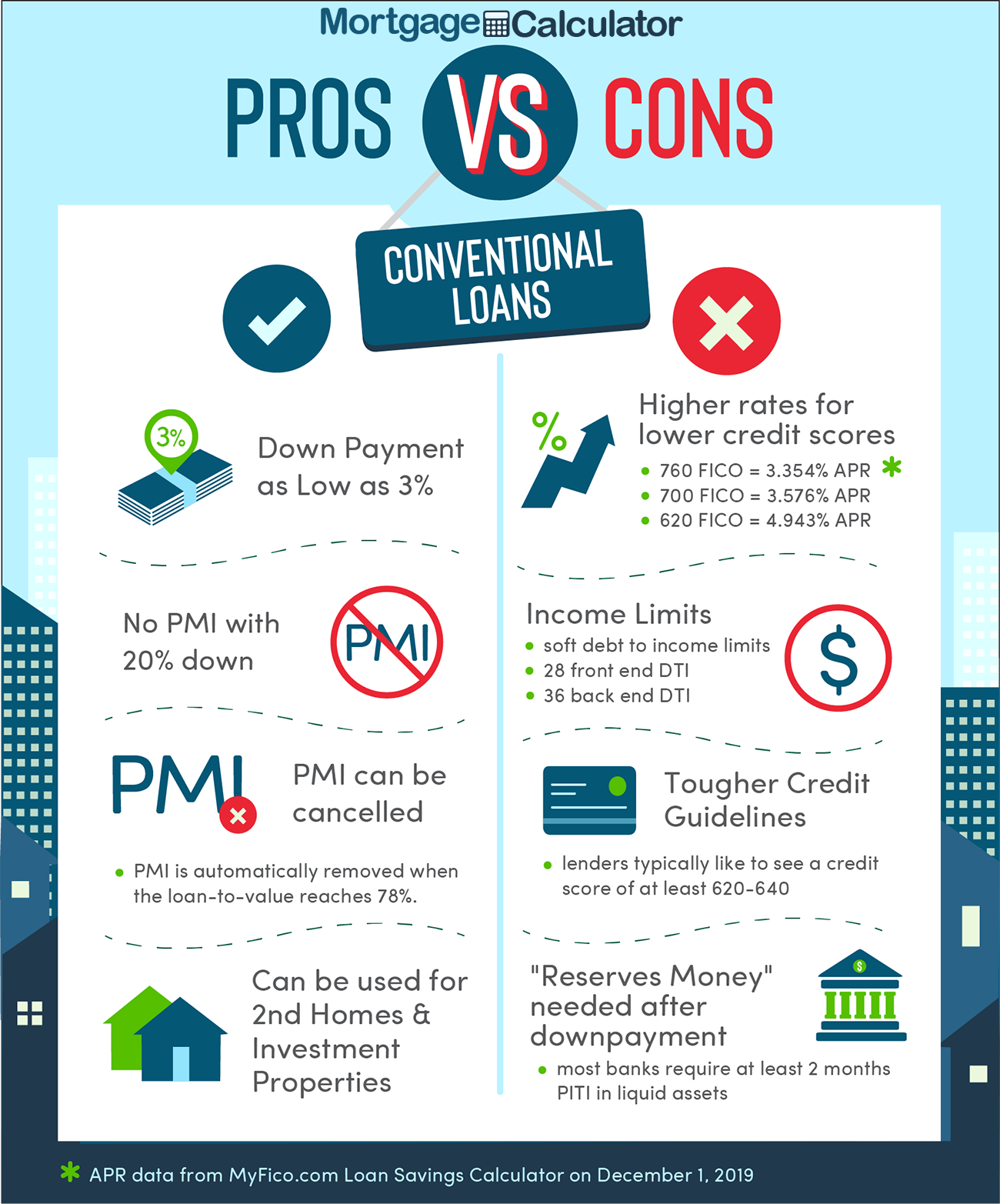Conventional Mortgage Loans: The Preferred Choice for Homebuyers
Conventional Mortgage Loans: The Preferred Choice for Homebuyers
Blog Article
Recognizing the Various Sorts Of Mortgage Readily Available for First-Time Homebuyers and Their Special Benefits
Browsing the selection of home mortgage lending options available to novice property buyers is vital for making educated financial decisions. Each type of funding, from traditional to FHA, VA, and USDA, provides distinct advantages tailored to diverse customer demands and conditions.
Traditional Lendings
Standard financings are a foundation of home mortgage financing for new property buyers, giving a trusted choice for those looking to buy a home. These loans are not insured or assured by the federal government, which distinguishes them from government-backed finances. Generally, standard loans need a greater credit report and a much more substantial deposit, commonly varying from 3% to 20% of the purchase cost, relying on the lending institution's requirements.
Among the considerable advantages of conventional fundings is their adaptability. Borrowers can choose from different finance terms-- most generally 15 or 30 years-- permitting them to align their mortgage with their monetary objectives. In addition, conventional fundings might use reduced rates of interest compared to FHA or VA financings, specifically for consumers with solid credit score accounts.
One more benefit is the absence of upfront mortgage insurance premiums, which prevail with government lendings. Private mortgage insurance policy (PMI) might be required if the down payment is much less than 20%, however it can be eliminated once the borrower attains 20% equity in the home. On the whole, traditional fundings present a appealing and viable funding choice for novice homebuyers looking for to navigate the home mortgage landscape.
FHA Finances
For lots of first-time property buyers, FHA finances stand for an obtainable path to homeownership. One of the standout functions of FHA loans is their reduced down payment requirement, which can be as reduced as 3.5% of the acquisition rate.
Furthermore, FHA fundings enable for greater debt-to-income ratios compared to traditional finances, suiting consumers who might have existing economic responsibilities. The interest prices connected with FHA car loans are often competitive, more boosting cost. Borrowers also take advantage of the capability to include particular closing costs in the finance, which can alleviate the in advance economic burden.
However, it is essential to keep in mind that FHA finances need mortgage insurance policy costs, which can enhance monthly settlements. Despite this, the general benefits of FHA finances, including availability and reduced first expenses, make them a compelling choice for novice property buyers looking for to enter the realty market. Understanding these finances is crucial in making notified decisions regarding home funding.
VA Loans
VA fundings supply a distinct financing remedy for eligible experts, active-duty solution members, and specific participants of the National Guard and Reserves. These financings, backed by the united state Department of Veterans Affairs, provide a number of benefits that make home ownership much more available for those that have actually served the nation
One of one of the most considerable benefits of VA finances is the lack of a deposit requirement, permitting certified borrowers to fund 100% of their home's acquisition rate. This attribute is specifically beneficial for newbie homebuyers who may battle to conserve for a considerable deposit. In addition, VA loans generally feature competitive rate of interest, which can lead to lower regular monthly settlements over the life of the funding.
An additional remarkable benefit is the absence of private home mortgage insurance policy (PMI), which is frequently required on conventional car loans with low deposits. This exclusion can result in considerable cost savings, making homeownership extra budget friendly. In addition, VA fundings supply versatile credit needs, making it possible for consumers with lower credit ratings to certify even more conveniently.
USDA Lendings
Exploring financing choices, first-time property buyers might discover USDA lendings to be a compelling selection, particularly for those wanting to purchase residential or commercial property in country or rural areas. The USA Department of Farming (USDA) supplies these moved here financings to advertise homeownership in designated rural regions, giving an excellent possibility for qualified purchasers.
Among the standout features of USDA finances is that they need no deposit, making it less complicated for novice purchasers to go into the housing market. In addition, these lendings generally have competitive rate of interest, which can bring about lower month-to-month payments contrasted to standard funding choices.
USDA lendings likewise come with versatile credit scores requirements, enabling those with less-than-perfect credit report to certify. The why not find out more program's revenue limitations guarantee that assistance is directed in the direction of reduced to moderate-income family members, even more sustaining homeownership objectives in rural areas.
Moreover, USDA lendings are backed by the government, which minimizes the danger for lenders and can improve the approval process for consumers (Conventional mortgage loans). As a result, novice buyers thinking about a USDA financing might find it to be a beneficial and obtainable choice for attaining their homeownership dreams
Unique Programs for First-Time Buyers
Lots of novice buyers can take advantage of unique programs developed to aid them in navigating the intricacies of buying their first home. These programs commonly supply economic rewards, education, and sources customized to the one-of-a-kind needs of newbie buyers.

Furthermore, the HomeReady and Home Feasible programs by Fannie Mae and Freddie Mac satisfy reduced to moderate-income buyers, offering versatile home loan options with decreased mortgage insurance policy expenses.
Educational workshops held by numerous organizations can additionally assist novice purchasers recognize the home-buying process, boosting their opportunities of success. These programs not only ease monetary concerns yet likewise encourage purchasers with understanding, eventually promoting a smoother change into homeownership. By discovering these special programs, newbie homebuyers see this site can discover beneficial sources that make the desire for having a home a lot more possible.
Final Thought

Standard financings are a cornerstone of home mortgage funding for newbie property buyers, supplying a reliable choice for those looking to buy a home. These financings are not insured or assured by the federal government, which differentiates them from government-backed fundings. Furthermore, traditional lendings might use reduced interest prices contrasted to FHA or VA finances, particularly for borrowers with solid credit score accounts.
In addition, FHA finances allow for greater debt-to-income proportions compared to traditional fundings, fitting debtors that might have existing economic commitments. Furthermore, VA financings normally come with affordable interest prices, which can lead to reduce regular monthly settlements over the life of the finance.
Report this page